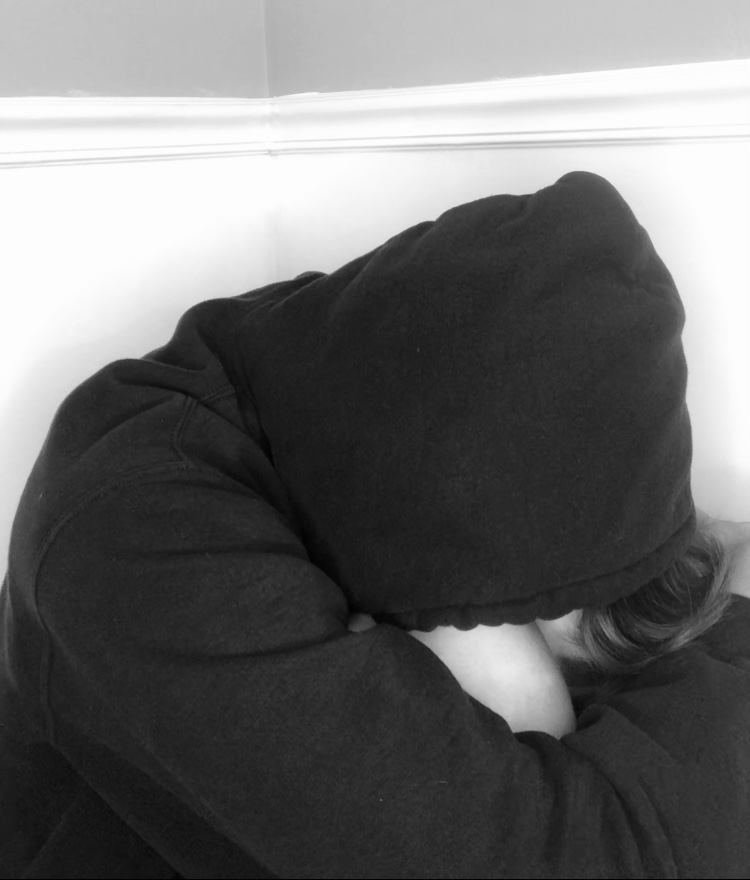Bullying: The Lesser Known Trauma
May 27, 2021
There are many types of trauma; however, bullying is a lesser-known type of trauma. Bullying has three main categories: cyber, physical, and emotional. Cyberbullying is when someone is being bullied online; Physical bullying is bullying that involves physical contact. Emotional bullying is a type of bullying where a bully will hurt someone using their feelings and past experiences against them.
According to the United States Department of Education, twenty percent of high school students report being bullied; that’s about three million students reported being bullied. But there are still other students who have been bullied but haven’t reported it. Some students are afraid to report bullying because they will be labeled a “snitch” and are afraid that it will make their situation worse.
However, reporting bullying is one of the few ways to stop it from taking a significant toll on your mental well-being. It may not seem like it at the time, but if you report them, then your school will have a report of your situation. If the bullying continues or worsens, it will help to have a report on file of previous actions, and the bully will receive a harsher punishment that will hopefully let them know that what they’re doing is not okay.
The National Institute of Mental Health defines a traumatic experience as a shocking, scary, or dangerous experience that can affect someone emotionally and physically. Bullying can cause fear to walk through the school hallway and mental illnesses such as anxiety and depression. According to the National Education Association, “Over 160,000 kids refuse to go to school each day for fear of being bullied.”
The University of Connecticut surveyed 12,000 LGBTQ students. In this survey, twenty-six percent of the students reported that they feel safe in school, which means that seventy-four percent don’t feel safe going to school. These surveys are examples of why bullying is a significant cause of trauma. Being afraid to go to school can take a toll on your mental well-being; it can cause severe anxiety, depression, and in some cases, post-traumatic stress disorder. These can cause trouble even after you graduated; bullying can cause stress in certain places such as bathrooms, locker rooms, parking lots, and more.
Being in these situations can be stressful and scary, but you need to remember that you are never alone. In most cases, the person bullying you is doing it to someone else; not only that, but someone is going through the same thing as you.

